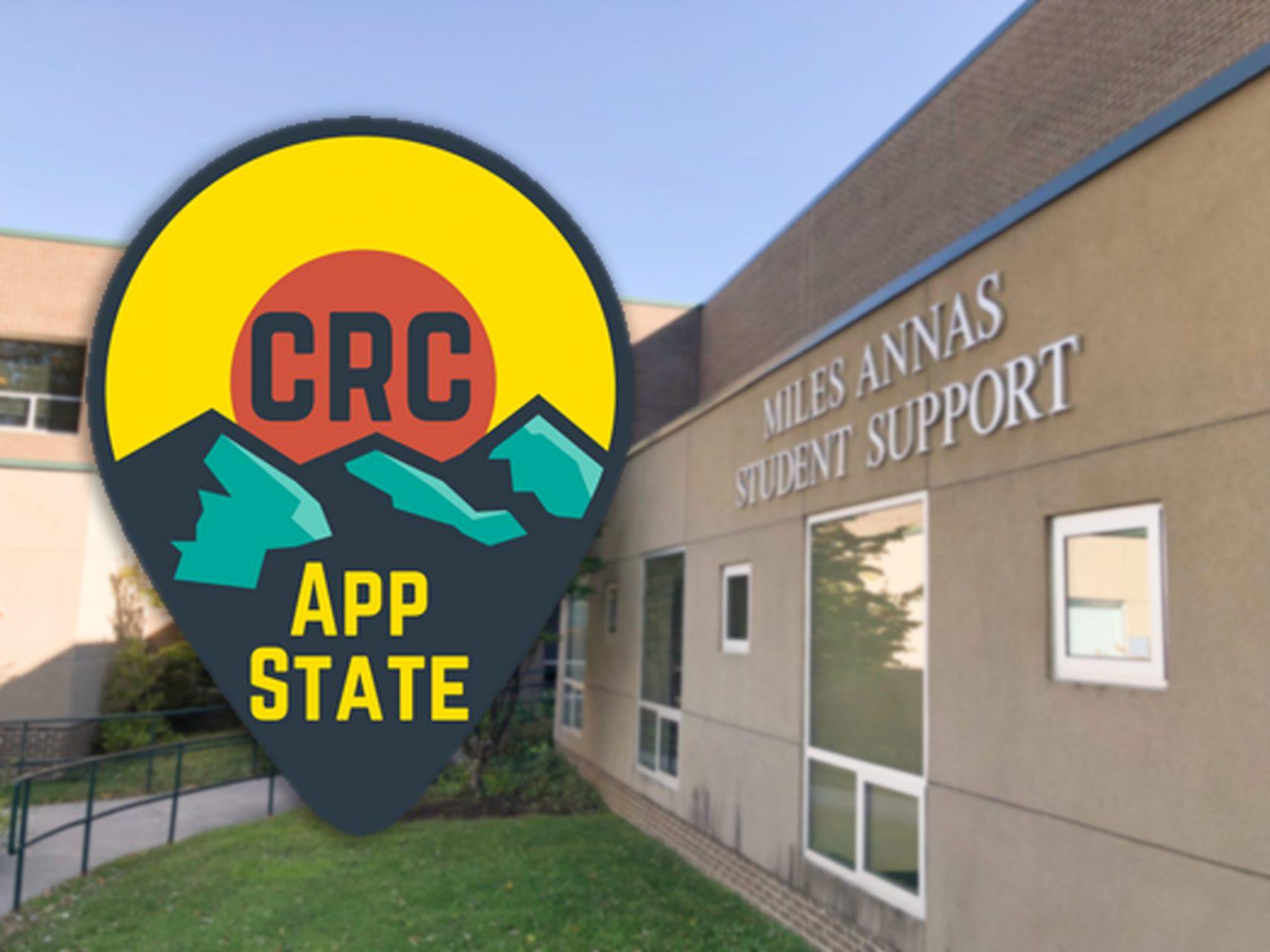The Wellness and Prevention Services center is currently developing a collegiate recovery community for App State students.
Multiple UNC schools, including N.C. State University, UNC-Wilmington and N.C. Agricultural and Technical State University, have already instituted collegiate recovery communities, and now App State is doing the same.
Collegiate recovery communities are organized spaces designed to offer emotional and social support to students who are recovering from addiction and mental illness.
The wellness center’s plan to create a collegiate recovery community has been a topic of discussion for some time, but most of the work has taken place this year, assistant director and substance abuse counselor Ben Asma said.
“We’ve had the goal of creating one, but because of staff limitations and lack of time and availability, it’s been tough to do that,” Asma said. “However, we kind of got to this place of it becoming a priority and us really seeing an opportunity to support our students in a manner that was not currently existing.”
Wellness center staff and interns started organizing and advertising for the recovery community last fall, but most of its development has occurred this semester. The community also received a small grant this semester, which Asma hopes to put toward paying interns and providing the recovery community with additional resources.
For now, Asma said, much of the community’s work is put into advertising the recovery community to students.
“Right now we’re really just trying to reach out to students to spark interest and to let students know that we exist,” Asma said. “Students in recovery exist at every college campus across America. We just want to reach out to those students and let them know we exist.”
The collegiate recovery community meets at the wellness center on Wednesday and Thursday nights. Wednesdays are dedicated to more social opportunities; the group recently came together to spray paint the expression tunnel together, for example. Thursday nights are more structured, with more educational, therapeutic and discussion-based sessions.
Asma said his hope for the meetings is that students find a space to socialize and develop a sense of community.
“Particularly when you talk about the disease of addiction and how it exists, one of the basic cures that we have determined for this challenge is connection,” Asma said. “When we aren’t connected and supported, it’s very hard to succeed and to heal. This community is an opportunity for connection and building connection between like-minded people.”
Post-graduate trainee Yasmin Ramadan said that it is important to know that the program is flexible and will grow to meet students’ diverse needs.
“We’re at a place where we just talk to the students and see what they want and make it a community that they find enjoyable,” Ramadan said. “We’re still in the very beginning stages, but we are growing and developing, and it’s been a lot of fun.”
While the community is still developing, Ramadan said the community’s purpose as a safe, sober space is pivotal.
“Really our purpose is to allow people in recovery to have a space where they can get to know one another, where they can feel safe and be who they truly are,” Ramadan said. “They don’t have to feel like they’re hiding a part of them.”
Jennifer Kline, a mental health counseling graduate student and an intern with Wellness and Prevention Services, said that the social events coordinated by the recovery community are also important in providing a sober, social atmosphere to students.
“If someone is suffering from substance abuse disorder or addiction, it is very hard to find a group that is sober,” Kline said. “That can be very scary and isolating; it can cause a lot of loneliness, depression and anxiety. By offering that space here, our goal is really just to show that there are people on campus who are going through similar things, so it normalizes it in a way.”
Jeff Hunsucker, a graduate student majoring in social work, helps coordinate the program and said that the opportunity to socialize and serve others helped his own recovery.
Hunsucker said he started using substances problematically at the age of 18. At the age of 42, Hunsucker has now been sober since 2010.
“Come and bring your voice and let us know what you need, because as a student in recovery, what I needed was an environment where I could socialize. What I found even more than that is that I could possibly make a difference, and that’s important,” Hunsucker said.
Hunsucker said he also hopes the collegiate recovery community will help to reduce stigma against people in recovery.
“People with addiction are misunderstood folks,” Hunsucker said. “People with addiction, in my experience, are some of the smartest, funniest, most dedicated and most compassionate that I know. It’s a shame that we don’t recognize those things, we only recognize the behaviors attached to the addiction.”
Story by: Ashley Goodman, A&E Editor
Photo/Graphic by: Halle Keighton, Photo Editor

